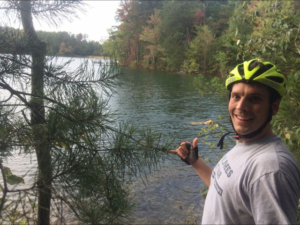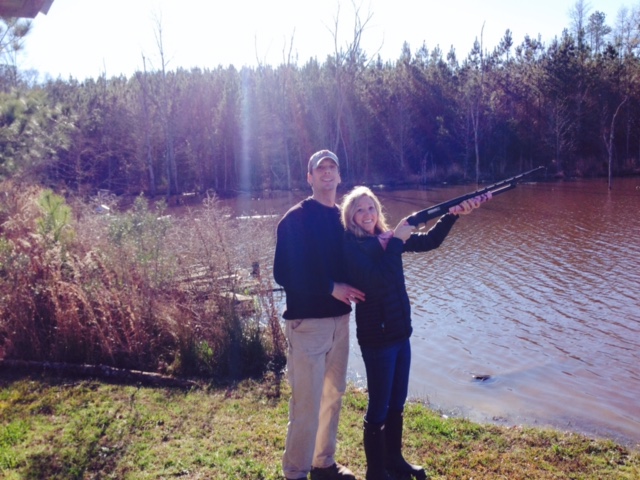A Surprise Diagnosis

In the summer of 2011 I was 27 years old, and upon a recommendation from my mother, I scheduled an appointment for a routine physical since I had “good insurance” and hadn’t received a physical since high school. But why would I need a physical? I’m 27, healthy, and active…
Almost immediately the Internal Medicine Doctor focused on my purple, clubbed fingernails after the nurse noted my blood oxygen saturation. I was in the mid-80s. The exact number was 86 percent if memory serves me correctly – far too low for a non-smoker in his 20s.
A follow up appointment with a Pulmonary Specialist proved humorous as I ran up and down the hallway for 10 minutes to try to induce lightheadedness or some other negative reaction. The pulmonary doctor was looking at me with disbelief as I felt fine and continued running, though my blood oxygen dropped to 84, then 83. He explained to me my lungs were comparable to a 57-year-old. My body had learned to cope at these levels.
My list of monthly activities included jogging, tennis, baseball, kayaking and hiking while working a fast paced sales job that required lots of walking and lifting. Now I was being told I needed to have coils put in my lungs due to low oxygen and stroke risk?! Doctor, you’re crazy and I should’ve never stepped foot in here for a physical—but I did.
 Fast forward to summer 2016, I have endured four procedures: three lung embolizations to coil my AVMs (arteriovenous malformations) and one dose of brain radiation to “zap” my cerebral AVM. These operations are in addition to the numerous MRIs and CT scans needed to find and reassess problem areas.
Fast forward to summer 2016, I have endured four procedures: three lung embolizations to coil my AVMs (arteriovenous malformations) and one dose of brain radiation to “zap” my cerebral AVM. These operations are in addition to the numerous MRIs and CT scans needed to find and reassess problem areas.
Through all of these “inconveniences” I consider myself lucky. I feel as great as I think I ever will and was able to shed light on a family condition that has now affected three generations at the very least.
With knowledge comes power. An old friend was fed up with me complaining, “Why me, why me?” and gave me a swift kick. Her question stuck with me, “Why are you asking the doctors what you should eat, drink, or do to help reduce nosebleeds, feel better, and live healthier? YOU should be telling the DOCTORS what you eat, drink, or do to reduce nosebleeds, feel better, and live healthier!” Stay informed, stay proactive and live your life to the fullest each day.
